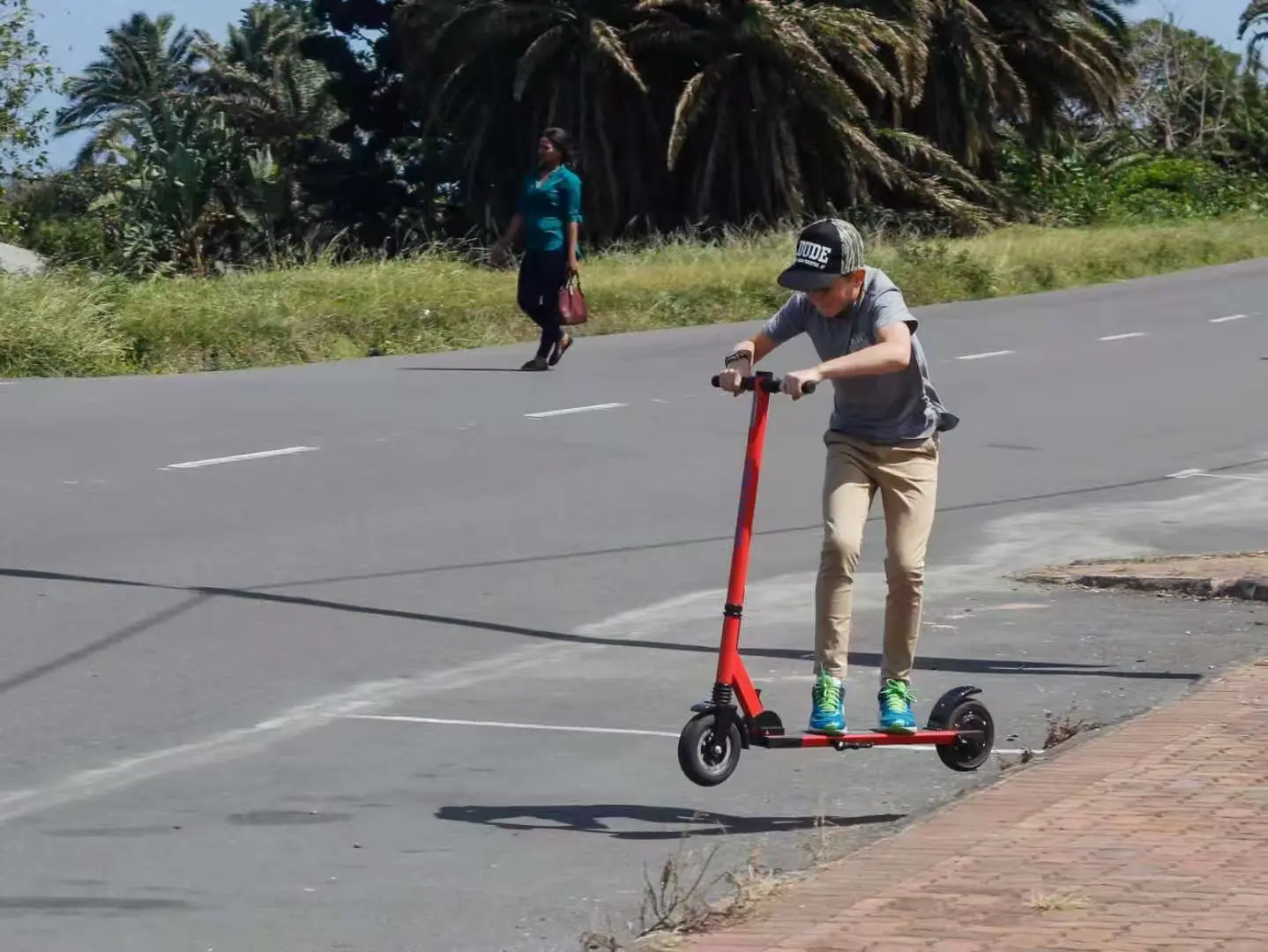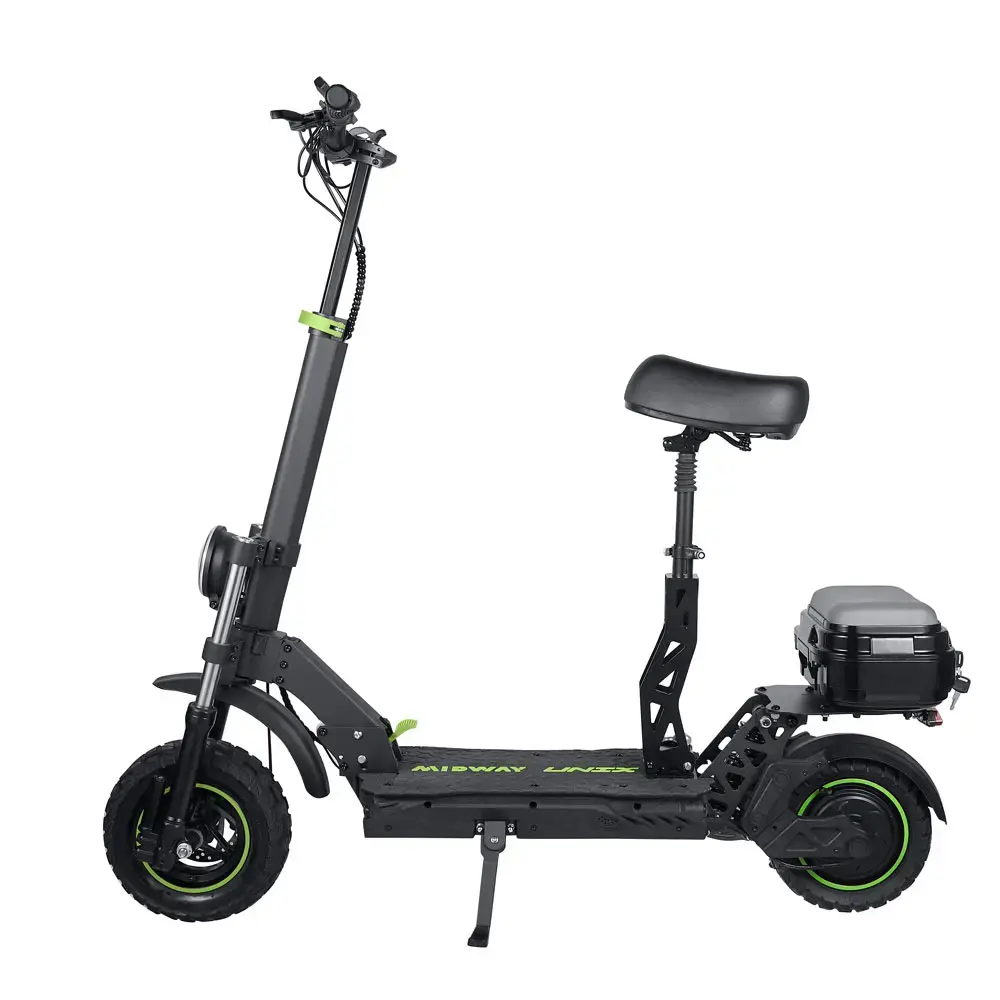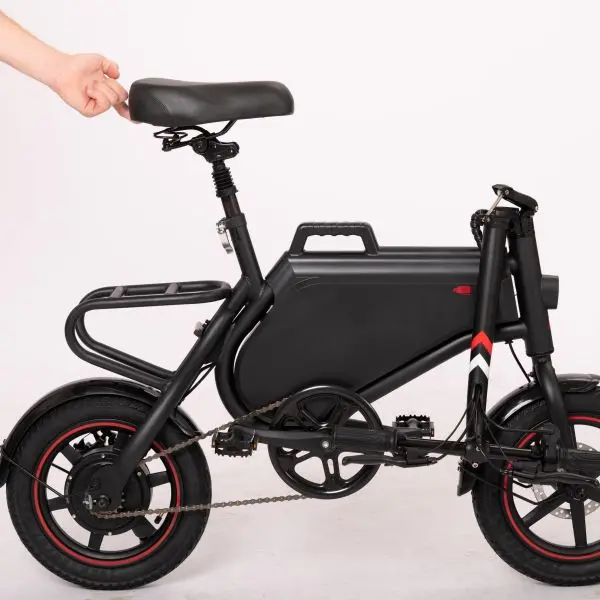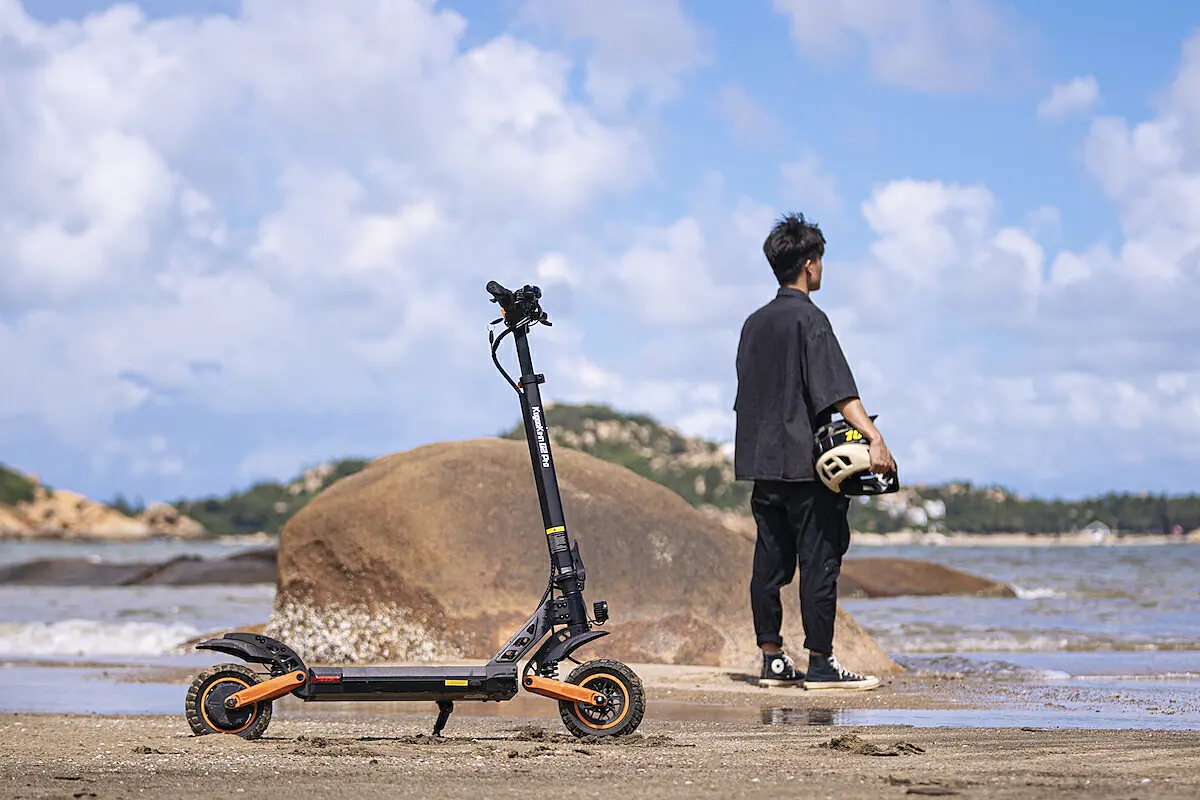How popular is electric scooter in the UK?
How popular is electric scooter in the UK?
As a new type of personal transportation, electric scooters have rapidly become popular around the world in recent years. It is loved by more and more people for its convenience, environmental protection and economy. However, the UK is relatively lagging behind in the popularization of electric scooters. This article will discuss in detail the popularity of electric scooters in the UK from multiple aspects such as market status, policies and regulations, social impact, and technological development.

I. Market status
(I) Sales growth
Although electric scooters have not yet been fully legalized in the UK, their market demand is growing. In 2019, sales of electric scooters in the UK increased by 50%, and the number of inquiries increased by 70% compared with 2018. Halfords (a British automotive equipment retailer) said that in the 14 weeks before January 3, 2019, sales of electric bicycles and electric scooters increased by 96% year-on-year. This shows that consumers' interest and demand for electric scooters are rising rapidly.
(II) Rental pilot
In order to alleviate the pressure on public transportation caused by the epidemic, the British government began to pilot the rental of electric scooters in some cities in July 2020. The first batch of shared scooters were put on the market in parts of England, Scotland and Wales. According to the UK Department of Transport (DfT), these shared scooters are prohibited from driving on sidewalks, the speed limit is 15.5 miles (25 kilometers) per hour, and riders are advised to wear helmets. Users must hold a full or temporary car, motorcycle or moped license to use them, and must be over 16 years old.
2. Policies and Regulations
(I) Legal restrictions
In the UK, electric scooters are still subject to strict legal restrictions. Under current laws, electric scooters are classified in the same category as mopeds and can only be used on private land without a license. If an electric scooter is used on a sidewalk or public road, a fixed fine of £300 will be imposed and 6 points will be deducted from the driver's license.
(II) Policy consultation and regulatory calls
Due to the frequent occurrence of electric scooter accidents, the UK government is conducting a nationwide consultation on whether to promote electric scooters. Between 2020 and 2023, the number of electric scooter collisions in the UK increased from 460 to 1,411, with a total of 4,515 accidents, resulting in 29 deaths and 4,807 injuries, of which 1,402 were serious. These accident data have triggered calls from all walks of life for stronger legal supervision. The Royal National Institute for the Blind, safety professionals and families of accident victims have urged the government to introduce relevant laws, including installing speed limiters on electric scooters, limiting wheel size, prohibiting the use of batteries with fire hazards, and providing mandatory training for users, purchasing insurance, and hanging traceable license plates.
III. Social Impact
(I) Positive Impact
Relieve traffic congestion: As a short-distance means of transportation, electric scooters can effectively alleviate urban traffic congestion. In large cities such as London, the use of electric scooters helps reduce the use of cars, thereby reducing traffic congestion and air pollution.
Promote green travel: The use of electric scooters helps reduce carbon emissions and is in line with environmental protection trends. Many cities such as Madrid, Spain and Paris, France have approved electric scooters as a means of transportation for short-distance travel, with good results.
(II) Negative impact
Safety hazards: Frequent accidents involving electric scooters have caused public concerns about safety. About 47% of respondents said that electric scooters and rental bicycles prevented them from going out. Electric scooters not only threaten the drivers themselves, but also endanger the safety of pedestrians because they often drive on the sidewalks.
Management chaos: In some pilot cities, there are problems with the management of shared electric scooters. For example, in Bristol, a man complained that more than 100 electric scooters were overturned outside his door in the morning; in Newcastle, six students were sent to court for driving electric scooters under the influence of alcohol; in Coventry, electric scooters operated by Swedish Voi were forced to stop during the trial promotion period because riders entered and exited sidewalks and other pedestrian areas.
IV. Technological development
(I) Technological innovation
Electric scooter technology continues to develop, and performance and safety are gradually improving. Modern electric scooters are usually equipped with high-performance batteries, with a range of 20-30 kilometers and a maximum speed of more than 30 miles (48 kilometers per hour). In addition, some electric scooters are also equipped with intelligent systems such as GPS positioning, speed display, brake assistance, etc., which improve the use experience and safety.
(II) Battery safety
Battery safety is an important aspect of the development of electric scooter technology. Some electric scooters use high-quality lithium-ion batteries, which have better safety and durability. However, there are still some low-quality batteries that pose a fire hazard, which is one of the important reasons why the British government has strengthened supervision.
V. Future Outlook
(I) Policy Adjustment
The British government is actively considering adjusting the regulations on electric scooters to adapt to market demand and social development. The rental pilot project that started in July 2020 is an important step in this adjustment. The government will continue to evaluate the effectiveness of the pilot project to decide whether to further relax the restrictions on the use of electric scooters.
(II) Market potential
Despite the current legal restrictions, electric scooters have huge market potential in the UK. With the continuous advancement of technology and the gradual relaxation of policies, electric scooters are expected to become more widely popular in the UK. This will not only provide consumers with more convenient travel options, but also bring new development opportunities to related industries.
(III) Social Acceptance
Despite some safety hazards and management issues, the social acceptance of electric scooters is gradually improving. More and more people recognize the positive role of electric scooters in alleviating traffic congestion and promoting green travel. In the future, with the improvement of policies and the strengthening of management, electric scooters are expected to gain wider social recognition in the UK.
VI. Conclusion
The popularity of electric scooters in the UK presents complex characteristics. Although market demand is growing rapidly, legal restrictions and safety hazards still exist. The government is gradually promoting the legalization and standardization of electric scooters through rental pilot projects and policy consultation. In the future, with the continuous advancement of technology and the gradual relaxation of policies, electric scooters are expected to be more widely popularized in the UK and bring more positive impacts to society. However, this process requires the joint efforts of the government, enterprises and the public to ensure the safe, orderly and sustainable development of electric scooters.














